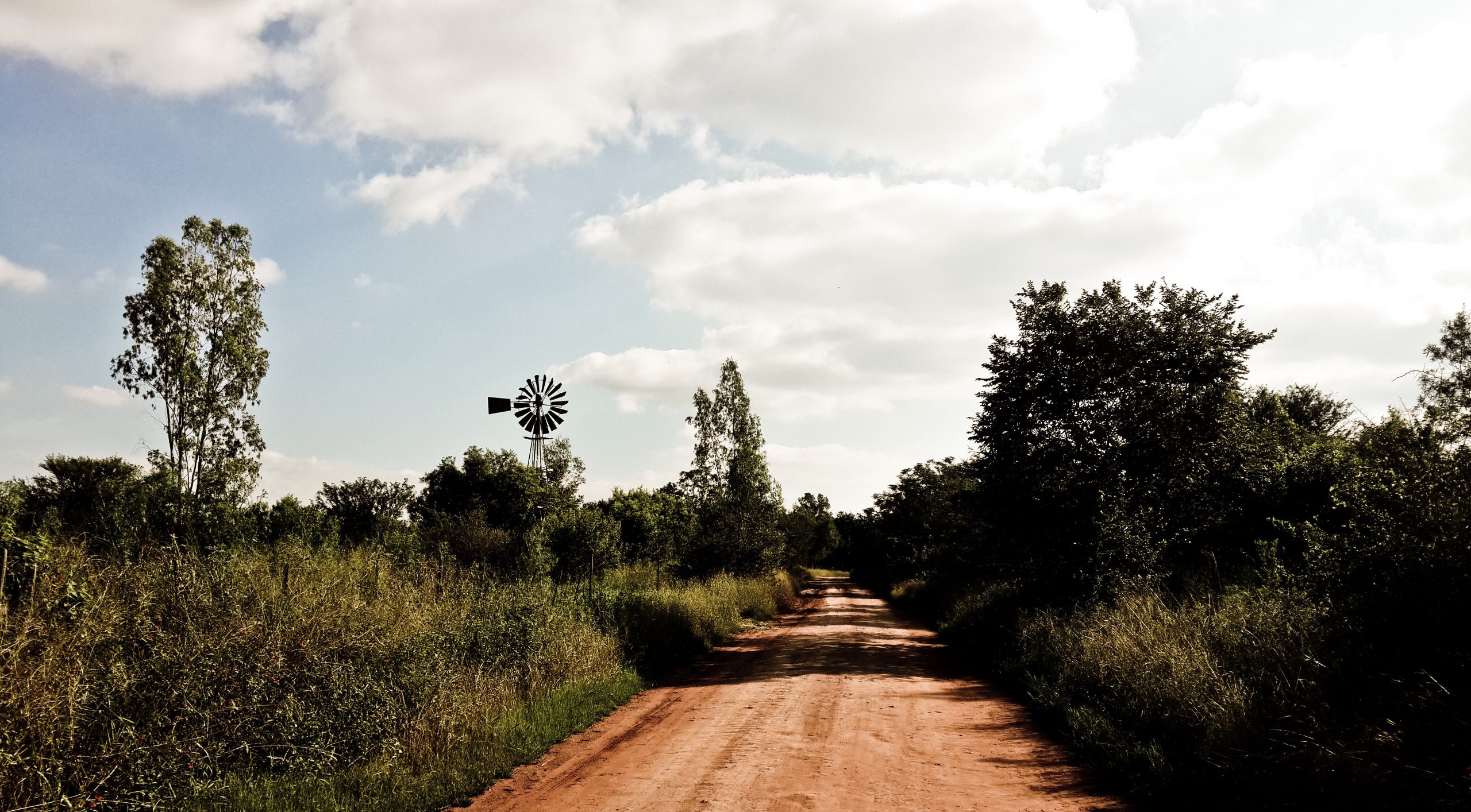
I’ve reached the point in my life where, for whatever reason, I spend a good portion of my time encouraging and coaching younger men. I relish the opportunity to speak whatever affirmation and direction I am able to give to these young men, however limited. Among the younger men I counsel, several of them are in the ministry—or hope to be at some point. During the course of our conversations, I am often asked about career path. Most pointedly, these men want to know: How do you get to become a Senior Pastor of an established church? What does it take?
To be honest, every pastor could answer this question differently. My story is certainly idiosyncratic to the way the Lord wanted to shape my life. But one thing keeps popping up as I tell my story: I learned the most about being a pastor when I was pastoring a small, rural church.
That’s why I find myself consistently recommending those considering a career in ministry to pastor a smaller rural church, if at all possible. Here’s why:
- Preaching reps. Sunday and Wednesday evening worship services are part of a bygone era in many, if not most, urban contexts. But not in the country. Countess rural churches still have Sunday night and Wednesday night services. Why does this matter? The best way to get better at preaching is practice and the best way to practice is to get as many repetitions as possible. If you’re preaching Sunday morning, Sunday night, and Wednesday night, that’s approximately 150 opportunities to stand and deliver. If you pastor that church for five years? You just preached/taught 750 times, not counting weddings, funerals, and guest speaking events. It would take 15 years to get that many repetitions if you serve in a context that only has Sunday morning worship. If you want to become a better preacher, you need reps.
- Leadership lessons. The first “controversial” leadership decision I made as a Senior Pastor was to set our Sunday evening worship time to a fixed hour, rather than adjusting it twice a year based on Daylight Savings Time. You’d think that would be a small thing, but you’d be wrong. And that’s why you need to lead in a rural church – because you need to learn the intricacies of change management, personality types, conflict resolution, and all manner of leadership behaviors. But you need to learn them in a variety of contexts. You need to lead deacon meetings, Sunday School meetings, church business meetings, and any other meeting. You need to learn how to set an agenda, make a plan, organize, calendar, prioritize, budget, and execute. And the best way to learn is to get lots of practice. The best way to get lots of practice is to do so in a context where you are part of a small team.
- Sweat equity. Pastors tend to be good at reading and writing. Then tend to be less good at working with their hands. If you pastor a rural church, there is a good chance you’ll get to turn your hand at repairing the baptistery, washing the dishes, and who knows what else. I once heard someone say that if you aren’t willing to clean the toilets, then you shouldn’t be able to climb into the pulpit. I think he was onto something. It’s good to be in a place that knows the value of an honest day’s work. It is also good to have those skills later in life.
- Innovation. Yes, your suburban church has a staff, a large budget, and a graphic designer. No, your rural church won’t. But good things are ahead. First: You’ll learn how to do a lot of things you never thought you would learn. Me? I’m a video editor, a graphic designer, a website builder, a student pastor, and everything in between. Why? Because I had to be. Ever hear the saying, “Necessity is the mother of invention”? There is a lot of necessity in the rural church. There is less money and fewer bells and whistles. But the Spirit is there. And the gospel is universally applicable. So if you’re willing to learn and be creative, you’ll be amazed what the Lord can do.
- Incarnation. They probably don’t have single origin craft coffee in most small towns or any pop-up restaurants, but they have incredible people. Some of the people that made the greatest difference in my life live in those small towns in rural Texas. They taught me to pray, to listen, and to love. They taught me a great deal about what it means to have true relationships—not simply with people who look and think like me. In the larger urban church, it is possible to spend your time with people who have been carefully curated to look like you. Less so in the small town. Everybody knows everybody. Everybody lives with everybody. You have to learn people skills. You have to learn small talk. You have to learn how to love people of every stripe. Sort of like Jesus.
Those are just a few of the things I learned while serving in small towns. There is plenty more where that came from. So let me commend the small town pastorate to you. You will be loved deeply, and the Lord will grow you immensely.

